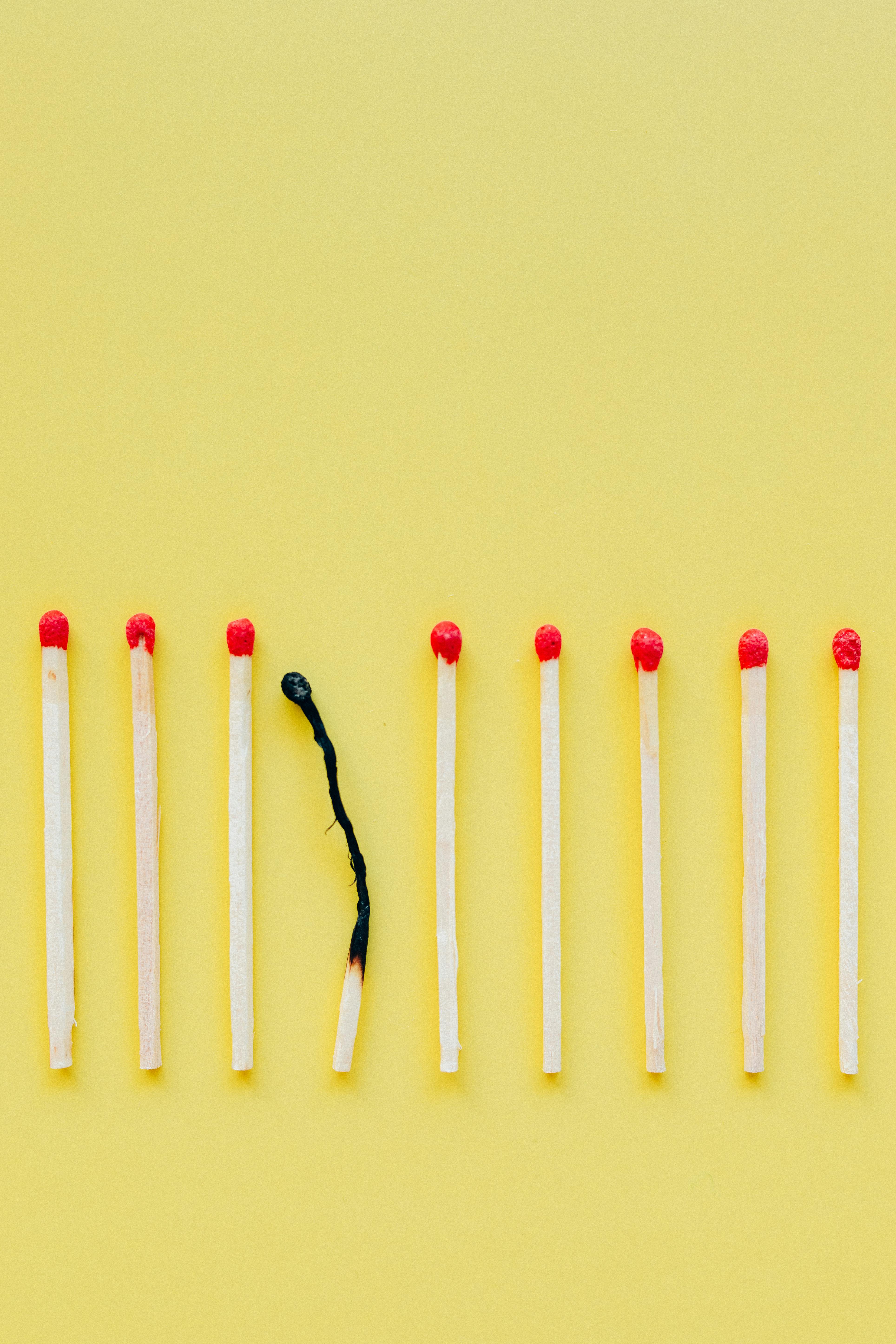
The Ultimate Guide to Studying for Finals
Finals week. That magical time of year when caffeine becomes a food group, libraries hit max capacity, and students everywhere question every life choice that brought them here.
But here’s the good news: you don’t need to suffer through finals if you have a real plan.
This guide isn’t just another list of “take breaks” and “get 8 hours of sleep” (we know you won’t). This is the no-fluff, actually-useful, student-approved guide to surviving finals and maybe even thriving.
Step 1: Stop the Panic Planning
It’s tempting to start color-coding everything and building a 17-tab Notion dashboard when finals hit. But let’s be honest: that’s procrastination in disguise.
Before you organize, you need to triage.
Ask yourself:
What exams are weighted the most?
Which subjects do I actually need to study vs. just review?
What topics feel like a foreign language?
List all your exams and rank them by priority. This lets you focus your time where it matters most, instead of over-studying for your easiest class while ignoring the ones actually on fire.
Step 2: Build a Finals-Only Study Plan
Now that you’ve ranked your classes, make a short-term, 1–2 week finals-specific schedule.
Break it down like this:
Allocate more time to higher priority subjects
Mix subjects daily to avoid burnout
Add buffer time for review + catch-up
Sample format:
Monday
• 10–11:30am: Econ notes + flashcards
• 2–3:30pm: Bio practice questionsTuesday
• 9–10am: Rewatch Chem lecture clips
• 3–4pm: Stats quiz simulation
Don’t cram 8-hour blocks—you’re not a robot. Aim for 2–4 focused hours per day, max.
Step 3: Use Active Recall, Not Passive Reading
This one’s critical.
The worst thing you can do is just reread your notes over and over. It feels productive, but your brain is not actually being challenged.
Instead, use active recall, the proven method that actually works.
What is it?
Cover your notes and try to recall the info from memory
Quiz yourself without looking
Teach the topic out loud like you're explaining it to a friend
Use flashcards (real or digital)
Your brain builds stronger memory links this way. Every time you struggle to remember, you’re reinforcing that knowledge.
Step 4: Automate the Stuff That Slows You Down
Finals week is not the time to be hand-making flashcards, organizing notes, or writing study guides from scratch.
This is where Duetoday AI comes in.
If you’ve got a pile of lectures, recorded Zooms, or messy class notes, Duetoday can turn them into structured, AI-generated study materials in seconds. Just upload your lecture or notes, and it’ll give you:
Clean, summarized notes
Auto-made flashcards
Custom quizzes based on your material
Study guides by topic
A GPT-powered chatbot to answer questions based on your lecture content
No need to manually sort through everything or guess what’s important. Duetoday is like having a smart TA who preps everything for you—free to try, and built specifically for students racing against the deadline.
If you’re running out of time (and let’s be real, you probably are), this is a game-changer.
Step 5: Don’t Just Study—Simulate the Exam
Want to lower your exam-day stress? Do mock runs.
Grab old tests, create your own based on study guides, or use AI to generate quiz questions from your notes.
Set a timer, remove distractions, and take it seriously. This helps:
Expose what you don’t actually know
Get comfortable with time pressure
Build confidence
Even just one full run-through per subject helps massively. Simulated pressure beats surprise panic every time.
Step 6: Use Spaced Repetition (Even Last-Minute)
Spaced repetition = revisiting material multiple times over increasing intervals. It’s how your brain moves stuff into long-term memory.
Even if finals are days away, you can use compressed spacing:
Day 1: Learn topic A
Day 2: Review A, learn topic B
Day 3: Review A + B, learn C
And so on…
Tools like Anki, Duetoday, and Quizlet make this super easy with flashcards. The key is to build in review time, not just new info every day.
Step 7: Stop Pulling All-Nighters
You think you’re being productive at 2am, but your brain is actually garbage at that hour.
Sleep isn’t a luxury during finals—it’s part of studying.
Why? Sleep:
Locks in memory
Helps problem-solving
Improves focus the next day
If you can’t get 8 hours, fine. Aim for at least 6, and don’t study right before bed—you won’t retain it. Instead, do a short review in the afternoon, then relax before sleep. Your brain will thank you on exam day.

Step 8: Make Your Environment Study-Friendly
Your brain loves cues. So set up your space to scream “focus.”
Do this:
Clear clutter from your desk
Use headphones or white noise
Keep snacks + water nearby
Turn off notifications (yes, even just for 45 mins)
Even better: have a dedicated “finals zone.” Your brain starts associating that place with study mode, and it gets easier to lock in.
Step 9: Don’t Neglect Your Brain Fuel
What you eat (and drink) actually matters right now.
Good study fuel =:
Water (dehydration makes you dumb)
Protein (eggs, yogurt, nuts)
Complex carbs (oats, whole grain toast)
Omega-3s (fish, walnuts)
Bad study fuel =:
Energy drinks every 2 hours
Pure sugar snacks (short boost, big crash)
Skipping meals
You’re not just studying—you’re training. Treat your brain like an athlete's body.
Step 10: Review, Don’t Relearn, the Night Before
On the night before your final, DO NOT try to learn anything new.
Instead:
Review key flashcards
Revisit summaries
Skim your mistakes from mock tests
Chat with your Duetoday AI summary for a final mental check-in
Keep it light, low-stress, and focused on what you already know. Go to bed with clarity, not chaos.
Final Thoughts: Finals Aren’t About Perfection
You don’t need to ace everything.
You just need a plan, a few smart tools, and consistent effort. That’s it.
Remember:
Prioritize the most important topics
Use active recall & spaced repetition
Automate the busywork (Duetoday helps massively)
Sleep, hydrate, and breathe
Your grades aren’t based on vibes. They’re based on what your brain can actually recall under pressure. So prep for that, and you’ll do better than you think.













